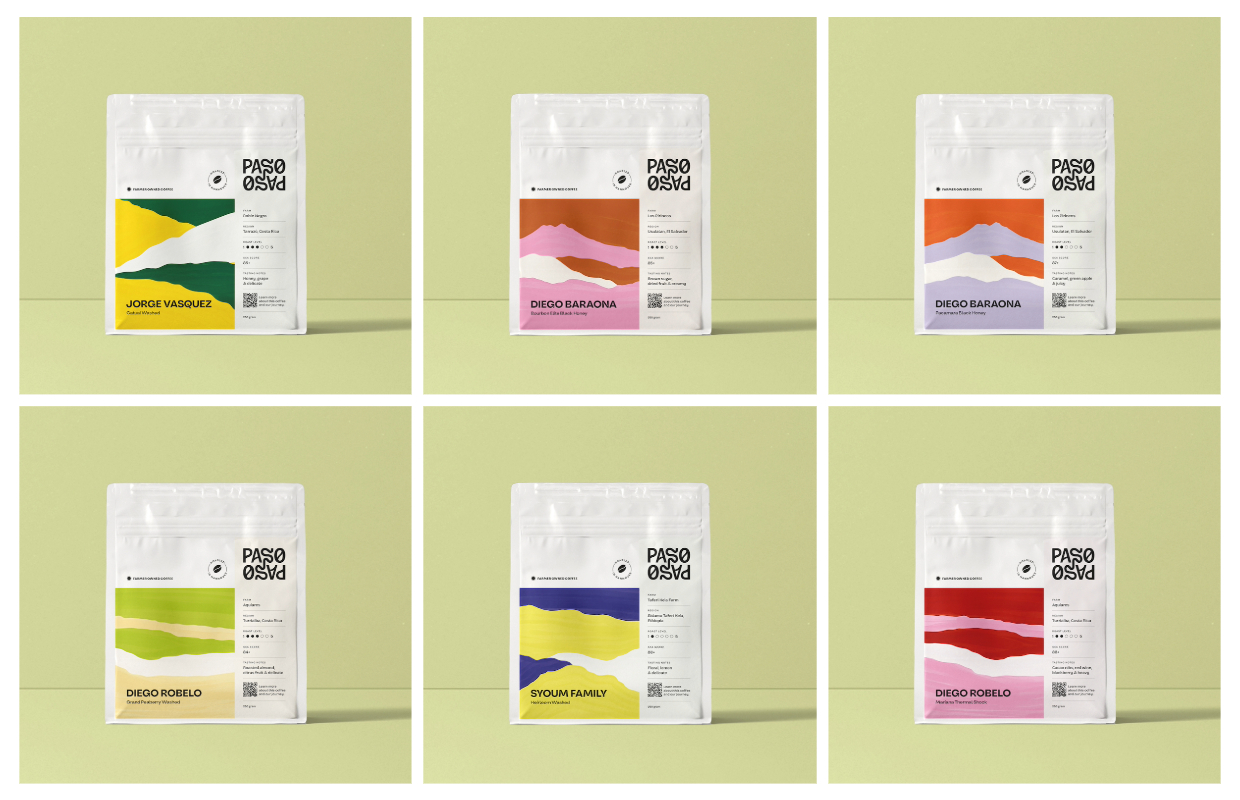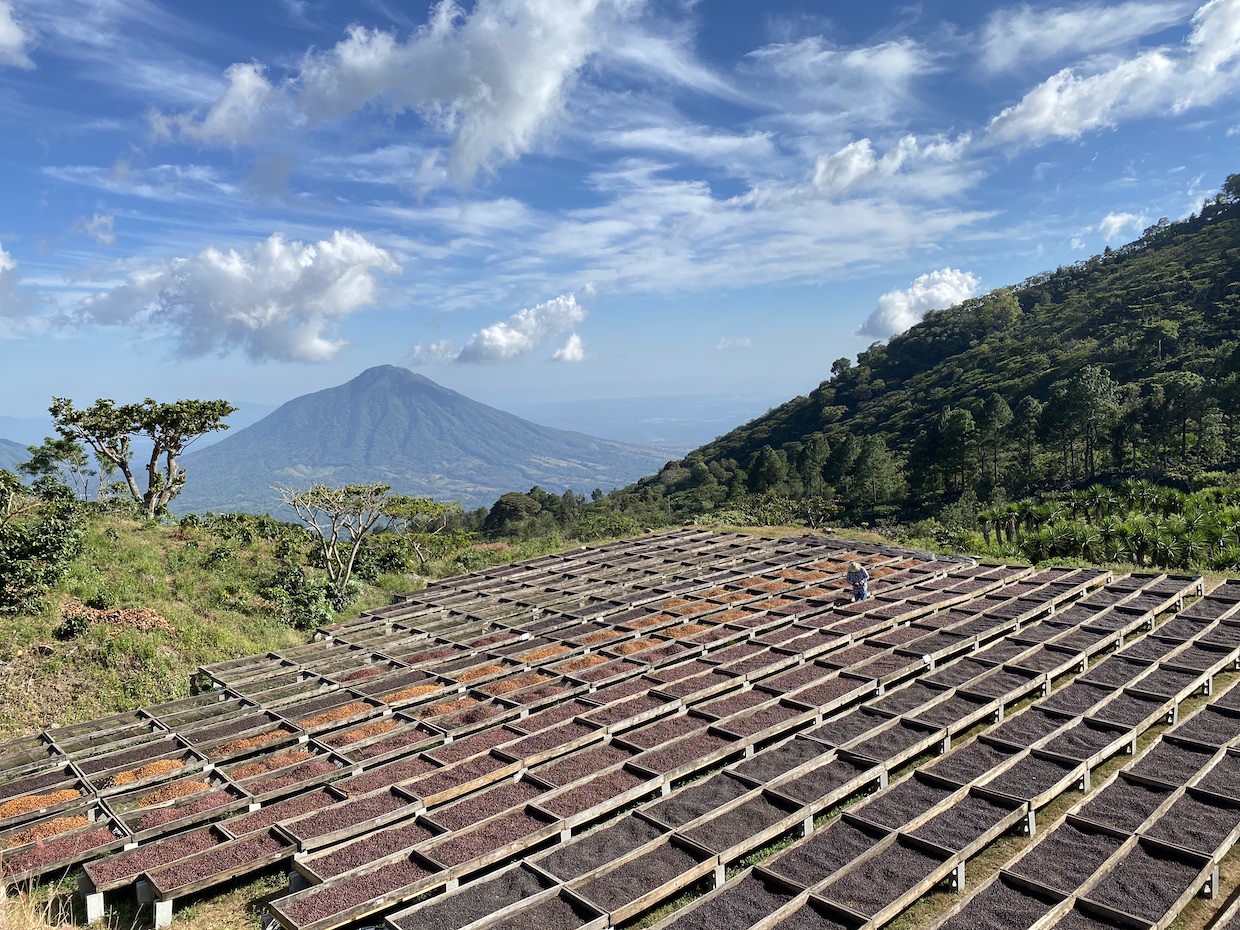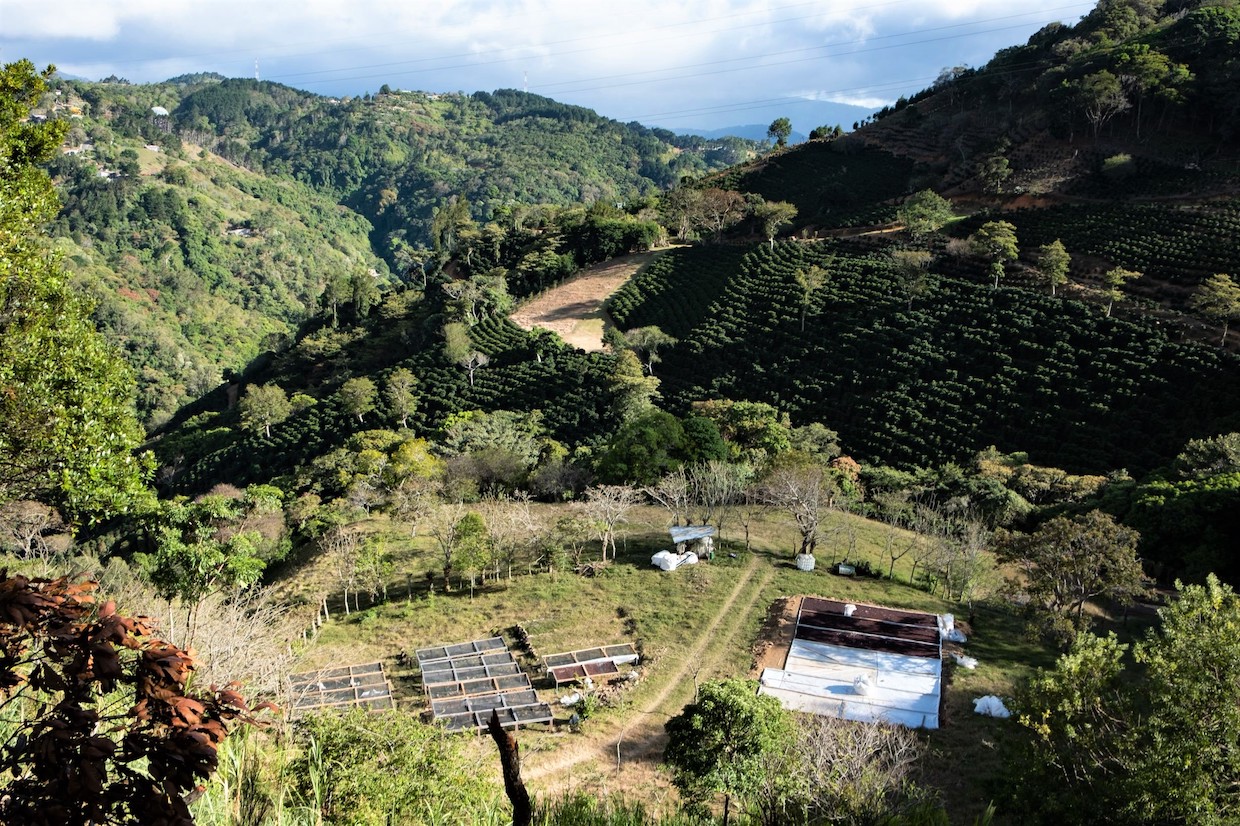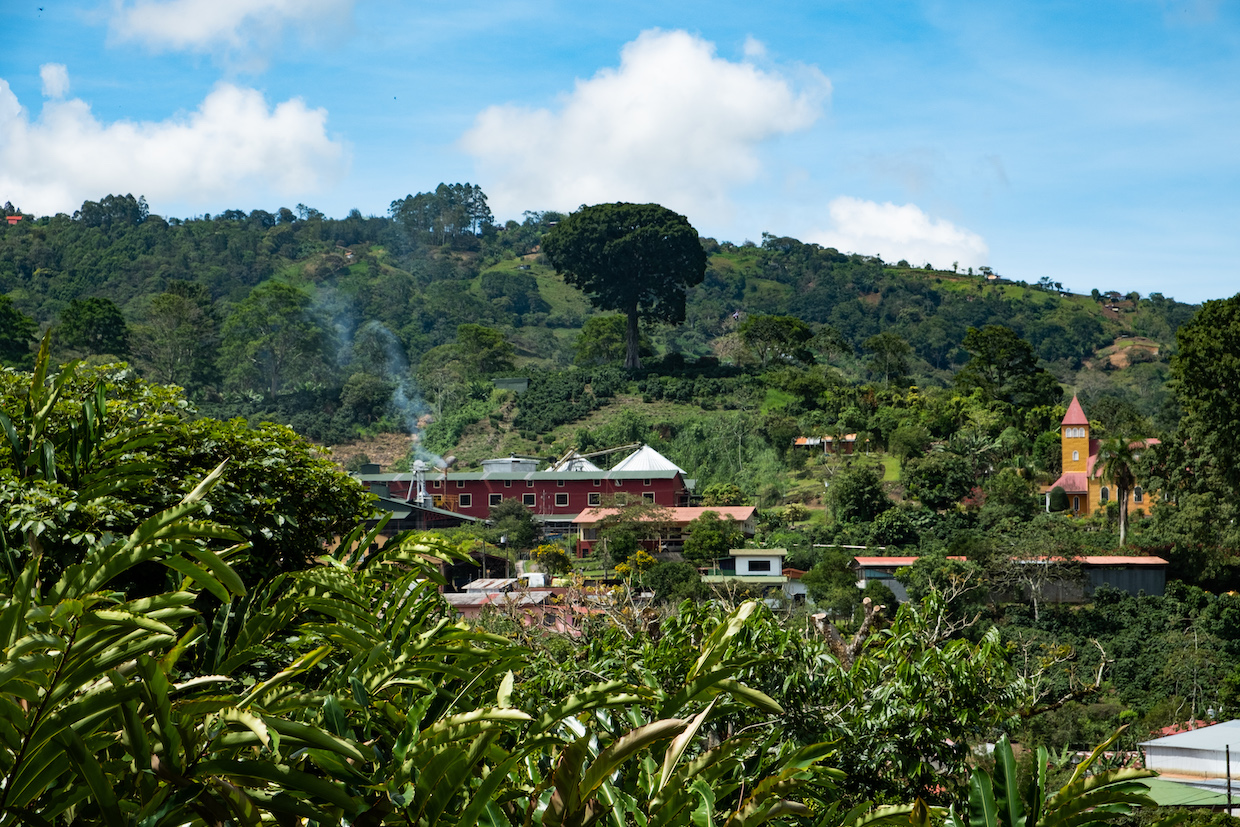A new German coffee roasting company called Paso Paso presents a novel business model through which coffee producers have ownership and leadership stakes.
Under the full name, “Paso Paso – Farmer Owned Coffee,” the company was created by former Ally Coffee specialty coffee sourcing director Bram de Hoog along with coffee producers from four different countries: Diego Robelo of Aquiares Estate in Costa Rica; Diego Baraona of Los Pirineos in El Salvador; Hester and Dawit Syoum of Bette Buna in Ethiopia; Jorge Vasqúez, Daniela Vega and Alex Vega of Roble Negro in Costa Rica; and Silvio Sanchez of Santa Teresa de Mogotón in Nicaragua.
Each of the participants is listed as a shareholder of the company, which is based in Hannover, Germany.
“The value of coffee soars after roasting, and our goal is to make this added value directly available to the coffee producers without any complexities,” de Hoog said in an announcement of the company’s launch late last month. “Shared ownership eliminates hurdles in today’s coffee trade, fostering open data sharing, feedback, and empowering producers to represent themselves in the European market.”
The creation of Paso Paso bucks the traditional value distribution model that has been firmly entrenched in the coffee industry. A recent survey of various coffee market actors led by the Specialty Coffee Association found that a majority of respondents believe value should be “distributed differently than it currently is,” with many agreeing that producers receive a disproportionately low share of coffee’s value.
From a bird’s eye view, the Paso Paso model vaguely resembles one that has been successfully established by United States-based Pachamama Coffee, although the latter organization is 100% farmer-owned while boasting a cooperative structure.
In last month’s announcement, Diego Robelo of the Costa Rican coffee estate Aquiares said he joined Paso Paso in part to have a direct connection to consumers.
“We can control the whole supply chain and the consumer can taste the coffee as it is supposed to be,” Robelo said. “Furthermore, we can tell our story like we want to tell and finally, we want to understand the consumer dynamics and learn from their world.”
Comments? Questions? News to share? Contact DCN’s editors here.










Comment